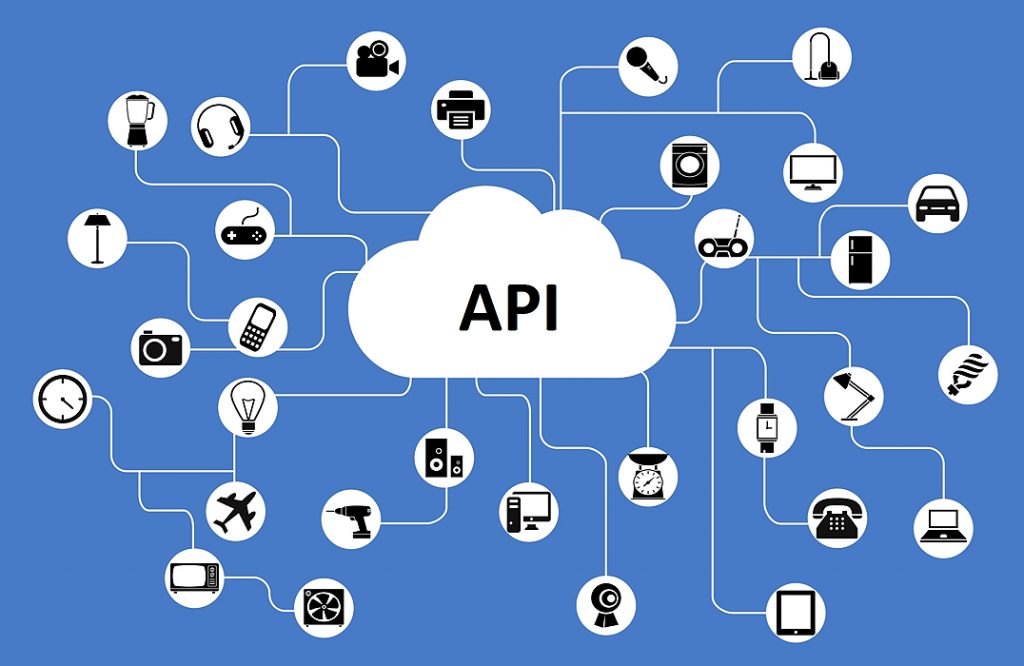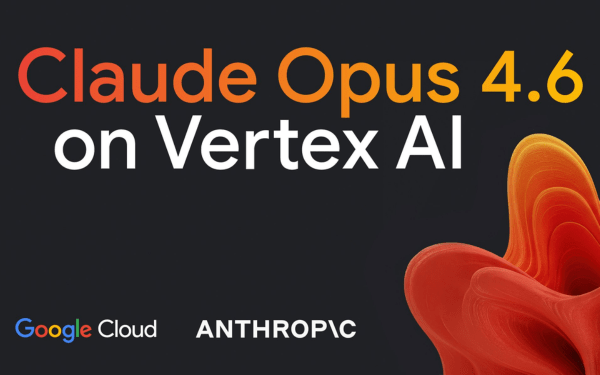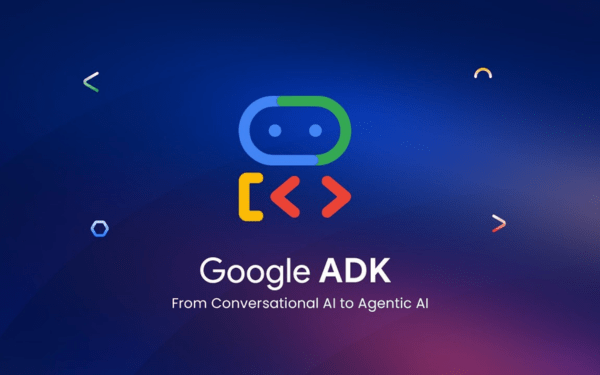Tại Google Cloud, Google cam kết cung cấp cho khách hàng sự lựa chọn hàng…
Google Cloud supports API-based digital transformation
2020 was a challenging year for many organizations as they faced challenges sudden changes in behavior consumer and market dynamics. The shift to digital channels is nothing new, and even in 2019, digital was the preferred choice for trade and collaboration across many industries — but amid the global pandemic, digital channels This has become the first and only choice for many businesses. Preference gave way to necessity almost overnight.
According to Adobe Analytics, Black Friday 2020 shopping saw growth 22% and Cyber Monday increase 15,1% compared to 2019. More importantly, this will be a long-term change. According to McKinsey, more than 60% customers changed their shopping behavior in 2020.
With in-person and brick-and-mortar operations disrupted across much of the world, the trends of the past year mean that more than ever, a business's ability to operate relies on its ability to insert itself into digital channels. digital and engage with customers in new ways. APIs are the foundational mechanism powering these digital interactions, and as a result, API management has become a more urgent capability for many companies as they navigate the impacts of COVID-19.
Role of API management platform
Google has seen many organizations investing in API management benefit in different ways during these challenging times. Here are some examples:
- Delivering faster innovation: Companies challenged with legacy systems can unlock valuable data and services through APIs, allowing developers to build new experiences faster. To learn more, take a look video This, from Google Cloud Next '20: OnAir, explains how Australian Energy is leveraging APIs to build a hub for open data.
- Building a business ecosystem: APIs enable organizations to collaborate and quickly integrate with partner ecosystems to transform their business models. Read this paragraph to learn how CHAMP Cargosystems has implemented ecosystem strategies to help airlines navigate the COVID-19 disruption.
- Automate operations with AI: During periods of peak online activity, e.g Black Friday and Cyber Monday, AI-powered features like traffic prediction, anomaly detection, and API monitoring have helped organizations focus on critical business concerns and keep services online without disruption paragraph. Watch video này để hiểu cách TMobile đã tận dụng các API và các quy trình tự động hóa mà chúng cho phép, trên các hệ sinh thái công nghệ đa dạng, từ dịch vụ di động đến máy học cho đến Internet of Things.
- Develop new revenue streams: Many businesses experienced declines in top-line revenue in 2020, but monetization of API products helped some businesses stay competitive by opening up new revenue streams. To learn more, take a look seminar This on-demand webcast covers how MTN Group, a leading multinational telecommunications company, is harnessing APIs to unlock new revenue opportunities.

Google Cloud's continued innovation in API Management
To help organizations overcome the challenges of 2020, as well as adapt to the trends in enterprise IT that are happening for years to come, Google Cloud Platform launched several new capabilities throughout the year to strengthen how Google can help customers manage APIs:
- API Gateway Helps developers share work use cloud securely and monitor consumption across APIs.
- Nguồn dữ liệu Apigee cho AppSheet Helps citizen developers accelerate digital transformation process, empowering them to exploit APIs and the more powerful datasets and functions they provide access to for no-code application development.
- Apigee Adapter for Envoy As enterprises adopt microservices-based architectures, Apigee was the first to build an adapter for Istio to expose services outside the grid or between services running entirely within the grid. Apigee Adapter for Envoy now integrates Envoy-based services into your Apigee environment, extending Envoy's capabilities to include API management and allowing developers to expose the services behind Envoy as APIs.
Master ideology, best practices, and engagement with the API community
Google is also continuing to engage with the community of developers, technical and business leaders who want to do more with APIs.
For example, Google launched That Digital Show, a podcast series in which they share field-tested best practices and real-world use cases to help enterprises build and scale their API programs. Google also offers it Roadshow Business Innovation, discover how to think like a futurist to evaluate emerging business opportunities, how to discern key technology signals, and when and how to act to build a strategy based on on API.
Google has launched a new series of e-books, The path of greatest resilience, explores three tangible ways in which APIs help build business resilience through improving operational efficiency, accelerating innovation, and developing richer customer experiences.
Google has also published a series of blog posts and articles—if you missed any, you can catch up on all the API goodness here.
Google's thought leadership efforts also include a number of industry-specific discussions, including:
- API for healthcare
- Digital transformation of healthcare, examines how the healthcare industry is navigating these difficult times and how patients will soon benefit from new digital services.
- Get Digital with Healthcare, includes a panel of experts discussing three key pillars that the healthcare industry is leveraging to help organizations enable data interoperability and deliver value-based care.
- API for marketing: Automotive industry, examines how APIs are used for marketing and digital transformation in the automotive industry.
- API for Media and Entertainment, a look at the digital future of movies, television and games.
- API-powered open banking, discusses how APIs can speed compliance, create connected customer experiences, and launch new products
Last but not least, in partnership with Oxford Economics, Google surveyed more than 1,000 CIOs of large organizations (i.e. those with more than $2 billion in revenue), from around the world and across industries, to understand their digital business ecosystem strategies — and the benefits they gain from cultivating those relationships. See the main findings of survey and the role of APIs in building and expanding digital ecosystems.
Next step?
Google believes that most of the current changes in market dynamics will have a lasting impact on consumer behavior and the way businesses operate; Even before the pandemic disrupted businesses around the world and increased the urgency around digital transformation, results from an Oxford Economics survey indicated that business leaders were Connect APIs to the modern and efficient digital experiences needed to compete. Digital experiences across a range of form factors—in the office, store, home, or field—will increasingly define how work gets done, how customers interact with your business, and how you industries interact with each other. Interaction and automation between data and functionality in disparate systems will power these experiences — and APIs will continue to power those interactions.
Entering 2021, as they strive to reinvent and scale globally, businesses will need to think beyond digital transformation, which has become more of an issue than a hallmark of a Different leaders. Instead, businesses must strive to pursue digital excellence — and that means API management becomes even more important. Just using APIs is not enough, even though it is a prerequisite for success. Businesses need to exploit their APIs to pursue new business models, such as monetizing data for external audiences, or new partnerships, such as connecting one's own APIs with social APIs to create richer customer experiences and broader reach. Businesses need to learn from APIs, apply machine learning to discern trends in developer and end-user behavior, and harden digital services against attackers. And they need to expand their APIs in new directions, opening them not only to traditional developers but also to no-code app builders.
To accelerate customers' efforts towards digital excellence, Google looks forward to launching several new capabilities over the next year to enable customers to leverage Google Cloud's industry-leading services to increase speed up their API programs. Google will also be happy to see what you build with them.
Source: Gimasys



